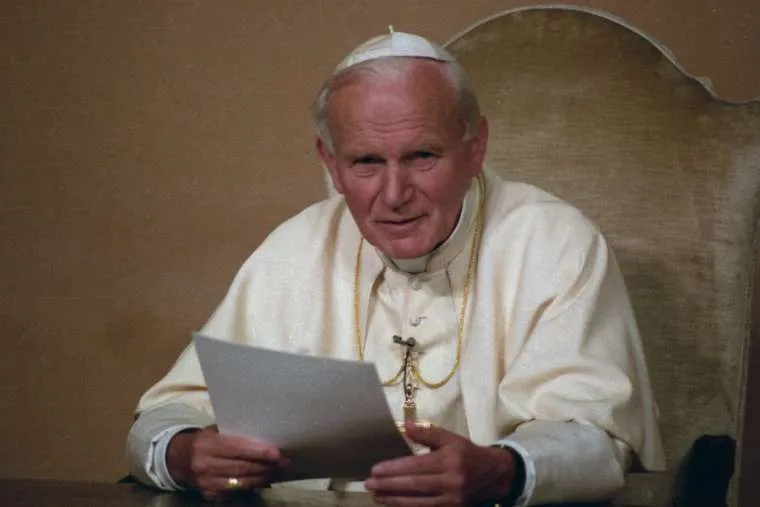The professors said they were responding to accusations leveled against John Paul II, pope from 1978 to 2005, following the publication last month of a Vatican report on disgraced ex-cardinal Theodore McCarrick. The Polish pope appointed McCarrick as archbishop of Washington in 2000 and made him a cardinal a year later.
The professors said: “In the last few days, we have been witnessing a wave of accusations leveled against John Paul II. He is accused of covering up pedophile acts among Catholic priests and there are calls for the removal of his public memorials. These acts are intended to transform the image of a person worthy of the highest esteem into one who was complicit in abhorrent crimes.”
“A pretext for making radical demands was the publication of the ‘Report on the Holy See’s Institutional Knowledge and Decision-Making Related to Former Cardinal Theodore Edgar McCarrick’ by the Holy See. However, a careful analysis of the report does not point to any facts that could constitute a basis for leveling the above-mentioned accusations against John Paul II.”
The professors continued: “There is a huge gap between promoting one of the most serious offenses and making wrong staffing decisions due to inadequate knowledge or outright false information.”
“The said Theodore McCarrick was trusted by many eminent persons, including U.S. presidents, while being able to hide deeply the dark criminal side of his life.”
“All this leads us to assume that slander and unsourced attacks against the memory of John Paul II are motivated by a preconceived theory which sadden and deeply concern us.”
The professors acknowledged the importance of carefully investigating the lives of significant historical figures. But they called for “balanced reflection and honest analysis,” rather than “emotional” or “ideologically motivated” criticism.
They underlined that St. John Paul II exerted a “positive influence on the history of the world.” They cited his role in the collapse of the Communist Bloc, his defense of the sanctity of life, and his “ground-breaking acts” such as his 1986 visit to a Rome synagogue, his inter-religious summit in Assisi in the same year, and his appeal, in the year 2000, for forgiveness of sins committed in the name of the Church.
“Another grand gesture, especially important for us, was the rehabilitation of Galileo, which the pope had anticipated as early as in 1979 during a solemn remembrance of Albert Einstein on the centennial of his birth,” they wrote.
“This rehabilitation, carried out at the request of John Paul II by the Pontifical Academy of Sciences 13 years later, was a symbolic recognition of the autonomy and importance of scientific research.”








